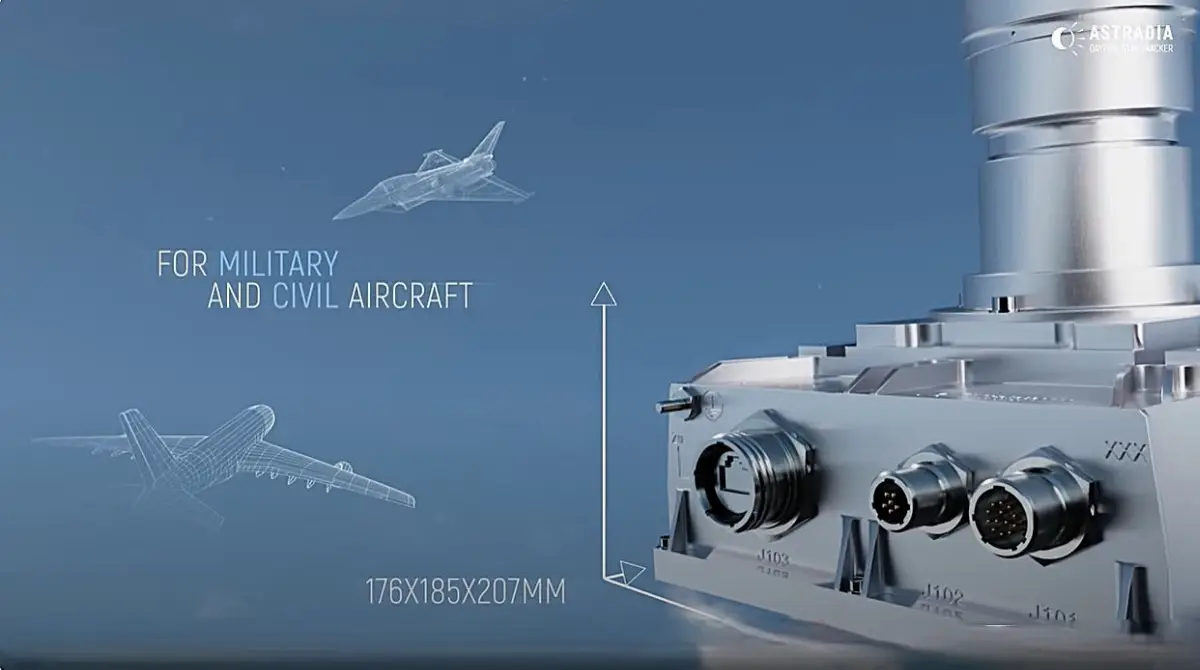
Sodern presents Astradia, a star tracker for the navigation of civil and military aerial vehicles
It promises precision and safety even in hostile environments or in the absence of satellite signals

Sodern, a precision technology company and subsidiary of ArianeGroup, announced yesterday the commercial launch of Astradia, an innovative daytime star-tracking system that, combined with an Inertial Navigation System (INS), is set to revolutionize aerial navigation. Designed specifically for civil and military aircraft, the system "guarantees extremely precise, robust, and reliable onboard geolocation, operating independently from GNSS (Global Navigation Satellite System) radio-navigation signals", states a company press release.
After years of research and development, the company—specialized in space instrumentation, optics, and neutron analyzers—has developed Astradia as an endo-atmospheric solution capable of providing attitude measurements both day and night. "This high-performance tracker counters the natural drift of inertial navigation systems and offers the advantage of being emission-free, thus contributing to the aircraft's stealth technology. Unlike vulnerable geolocation systems based on satellite signals (GPS, Galileo), Astradia combined with an inertial unit delivers absolute and reliable PNT (Positioning, Navigation, and Timing) measurements, immune to jamming, spoofing, or signal interruptions".
The system represents an entirely new technology for civil and military aircraft requiring a reliable system or needing to maintain discretion without emitting signals. It leverages Sodern’s extensive experience with star trackers already deployed in space and utilizes a proven star catalog and detection algorithms, demonstrating its effectiveness through conclusive flight tests.
With a compact design (176 mm x 185 mm x 207 mm) and weighing less than 3 kg, the system is engineered for easy integration across all types of aircraft, including helicopters, drones, and surveillance planes. Its high-precision tracking capability, down to a few arcseconds (equivalent to 1 meter at a distance of 70 km), is extremely valuable for inertial navigation system alignment and mission logging, paving the way for future applications with especially demanding tracking requirements.
This sensor provides continuous measurements every second, day and night, "guaranteeing operational capability anywhere on Earth, including over oceans, without the need for map or chart updates. Effectively reducing navigation drift during long flights, Astradia significantly enhances in-flight positioning safety", the statement concludes.
This new technology will be commercially available starting next June, with an indicative price of 250,000 euros, and will be showcased at Sodern's booth during the "Paris Air Show 2025" (June 16-22).
AVIONEWS - World Aeronautical Press Agency